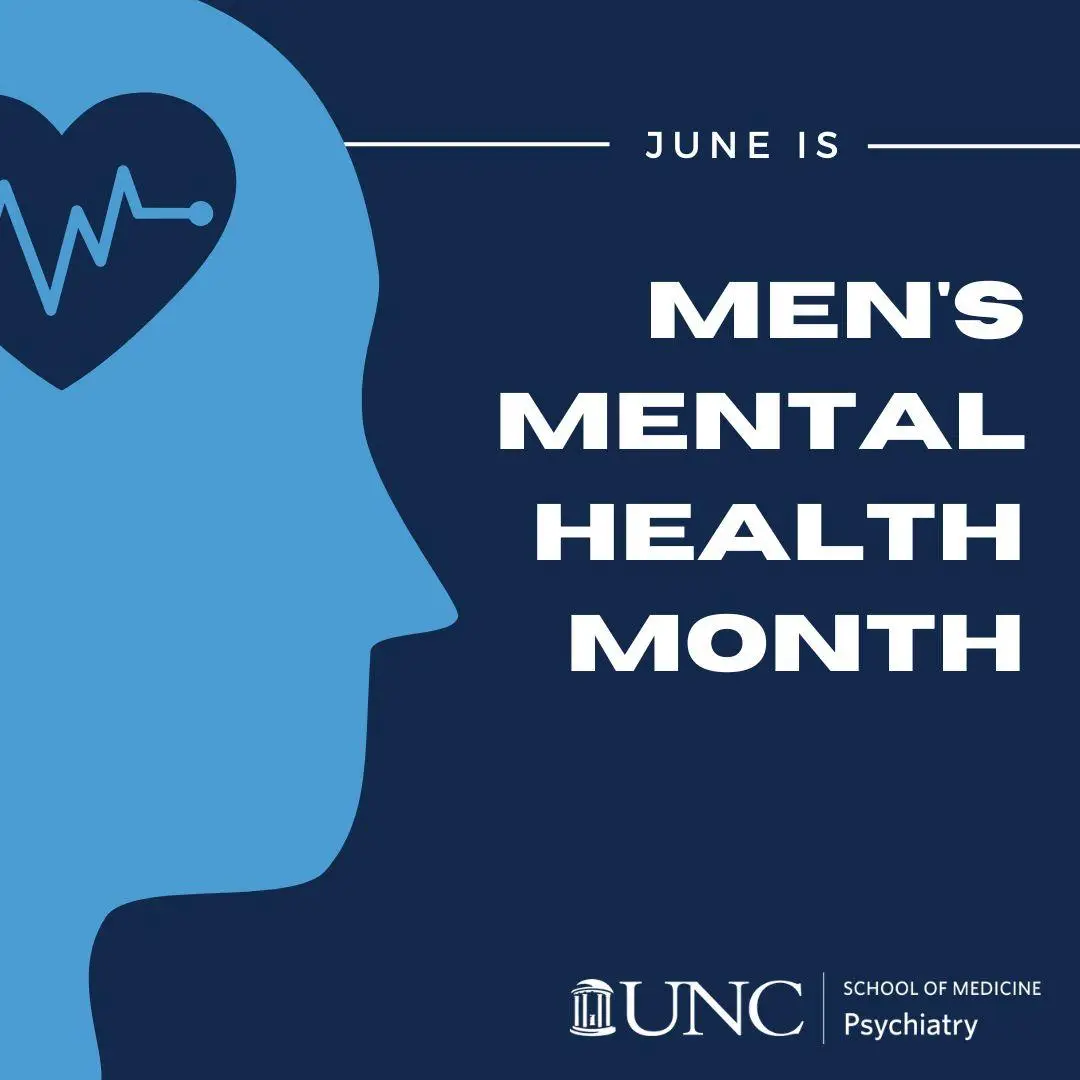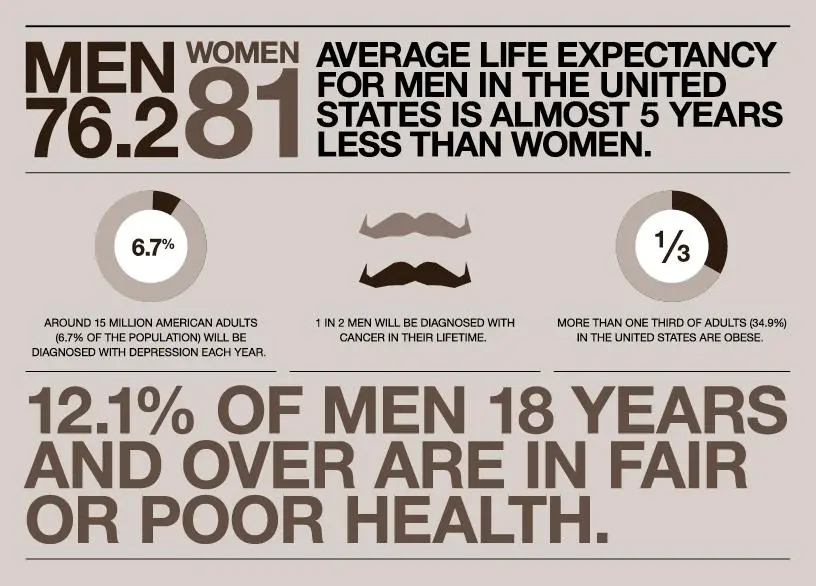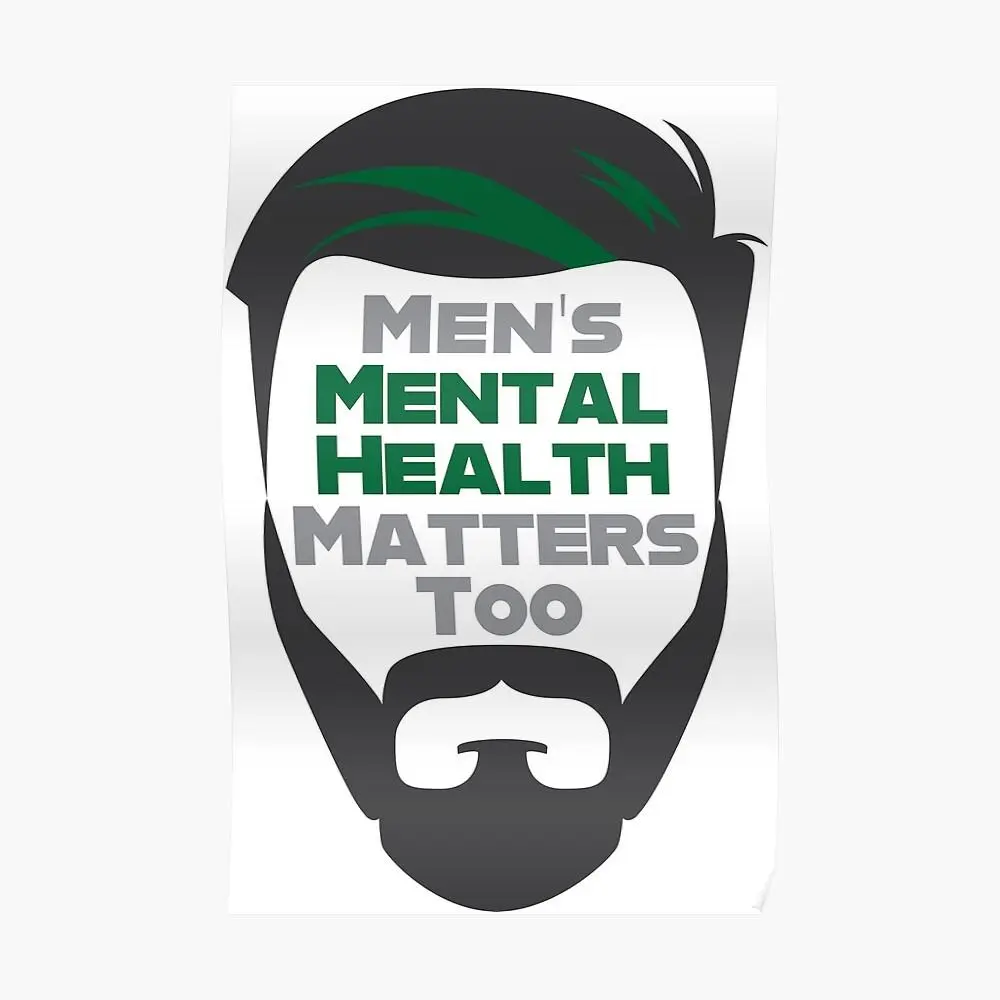In a world where strength is often equated with stoicism, vulnerability is seen as weakness, especially when it comes to men and their mental health. However, as we celebrate Men’s Mental Health Month, it is time to shatter these harmful stereotypes and break the stigma surrounding men’s mental health. Let us delve deeper into why this month is so crucial and why it is high time we prioritize the well-being of men’s minds.
The Importance of Men’s Mental Health Awareness

Men’s mental health awareness is a crucial topic that often gets overlooked in society. It is important to address the stigma surrounding men’s mental health and to promote open conversations about mental well-being. Men’s Mental Health Month serves as a reminder for everyone to prioritize mental health and to break down the barriers that prevent men from seeking help.
By raising awareness about men’s mental health, we can help reduce the rates of suicide, substance abuse, and other mental health issues that disproportionately affect men. It is essential for men to feel comfortable seeking help and talking about their mental health struggles without fear of judgment or ridicule.
Here are a few key reasons why men’s mental health awareness is essential:
- It encourages men to seek help and support when they are struggling with their mental health.
- It helps reduce the stigma surrounding mental health, making it easier for men to open up about their feelings.
- It promotes overall well-being and a healthier society by prioritizing mental health.
Challenging Traditional Masculinity Norms

As we celebrate Men’s Mental Health Month, it is crucial to address the deeply ingrained stereotypes that continue to affect how men perceive and approach their mental well-being. Traditional masculinity norms often dictate that men should be tough, stoic, and unemotional, making it difficult for them to express vulnerability or seek help when facing mental health challenges.
This stigma surrounding men’s mental health not only impacts individuals but also contributes to wider issues such as higher suicide rates among men compared to women. By challenging these entrenched norms, we can create a more supportive and inclusive environment where men feel empowered to prioritize their mental well-being.
Breaking the stigma surrounding men’s mental health requires:
- Encouraging open conversations about emotions and mental health
- Providing accessible resources and support for men to seek help
- Recognizing and dismantling outdated stereotypes that hinder men’s mental well-being
By advocating for change and promoting a positive, holistic view of masculinity, we can help create a healthier and more compassionate society for everyone.
Promoting Self-Care and Seeking Help

During Men’s Mental Health Month, it is crucial to break the stigma surrounding mental health in men. By , we can encourage men to prioritize their mental well-being and address any issues they may be facing. It is important to remind men that seeking help is a sign of strength, not weakness.
Self-care practices such as exercise, mindfulness, and connecting with loved ones can greatly benefit men’s mental health. Encouraging men to take time for themselves and engage in activities that bring them joy can help them manage stress and improve their overall well-being.
When it comes to seeking help, it is essential to destigmatize therapy and counseling. Men should feel comfortable reaching out to mental health professionals for support and guidance. By normalizing the idea of seeking help, we can create a culture where men feel empowered to prioritize their mental health.
Benefits of Self-Care and Seeking Help:
- Improved mental well-being
- Enhanced stress management
- Increased self-awareness
| Practice | Benefit |
|---|---|
| Exercise | Improved mood and energy levels |
| Mindfulness | Reduced anxiety and increased focus |
| Therapy | Support in navigating mental health challenges |
Educating Communities and Encouraging Supportive Spaces

As we enter Men’s Mental Health Month, it is crucial to highlight the importance of breaking the stigma surrounding men’s mental health. This is a topic that often gets overlooked or dismissed, perpetuating harmful stereotypes that can prevent men from seeking the help they need.
By shedding light on the struggles that many men face in silence, we can educate communities about the unique challenges they may encounter when dealing with mental health issues. It is essential to create supportive spaces where men feel comfortable opening up about their emotions and seeking help without fear of judgment or ridicule.
During Men’s Mental Health Month, we have the opportunity to start conversations, raise awareness, and provide resources to support the mental well-being of men everywhere. Together, we can challenge outdated notions of masculinity that discourage vulnerability and promote a culture of silence around mental health.
Let’s work together to break down barriers, encourage open dialogue, and create a more inclusive and supportive environment for men to prioritize their mental health. Together, we can make a difference in the lives of men who may be struggling silently.
Q&A
Q: What is Men’s Mental Health Month and why is it important?
A: Men’s Mental Health Month is a dedicated time to raise awareness about the mental health challenges that men face and to break the stigma surrounding seeking help for these issues. It is important because men often feel pressure to be strong and stoic, which can prevent them from seeking the support they need.
Q: What are some common mental health issues that men may experience?
A: Some common mental health issues that men may experience include depression, anxiety, and suicide. Men may also struggle with issues related to anger, substance abuse, and PTSD.
Q: How can we break the stigma surrounding men’s mental health?
A: We can break the stigma surrounding men’s mental health by encouraging open and honest conversations about mental health, promoting the idea that it is okay for men to seek help when they are struggling, and providing resources and support for those who are experiencing mental health challenges.
Q: What are some ways that men can prioritize their mental health?
A: Men can prioritize their mental health by making time for self-care activities, such as exercise, meditation, and therapy, and by reaching out for support from loved ones or mental health professionals when needed. It is important for men to recognize that seeking help is a sign of strength, not weakness.
Q: How can we support the men in our lives who may be struggling with mental health issues?
A: We can support the men in our lives who may be struggling with mental health issues by listening to them without judgement, encouraging them to seek help when needed, and providing a safe and understanding environment for them to express their feelings. It is important to let them know that they are not alone and that help is available.
To Conclude
As Men’s Mental Health Month comes to a close, it is important to remember that the conversation about men’s mental health should not end here. Breaking the stigma surrounding men’s mental health is an ongoing journey that requires continued awareness, understanding, and support. By recognizing the unique challenges that men face when it comes to their mental health and providing them with the resources and encouragement they need, we can help create a world where all individuals feel safe and empowered to seek help when they need it. Let’s continue to break the stigma, support one another, and prioritize mental health for men everywhere.



